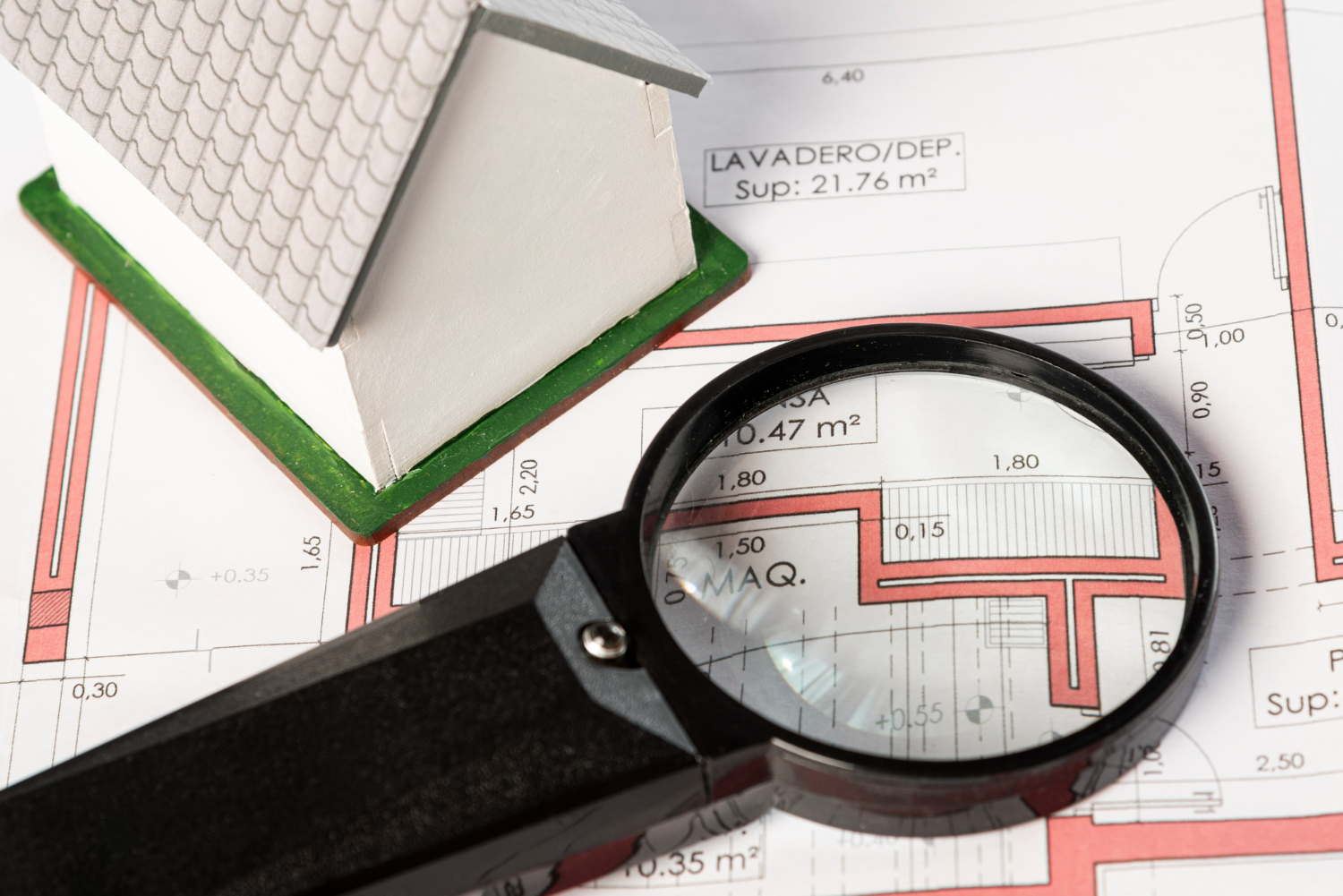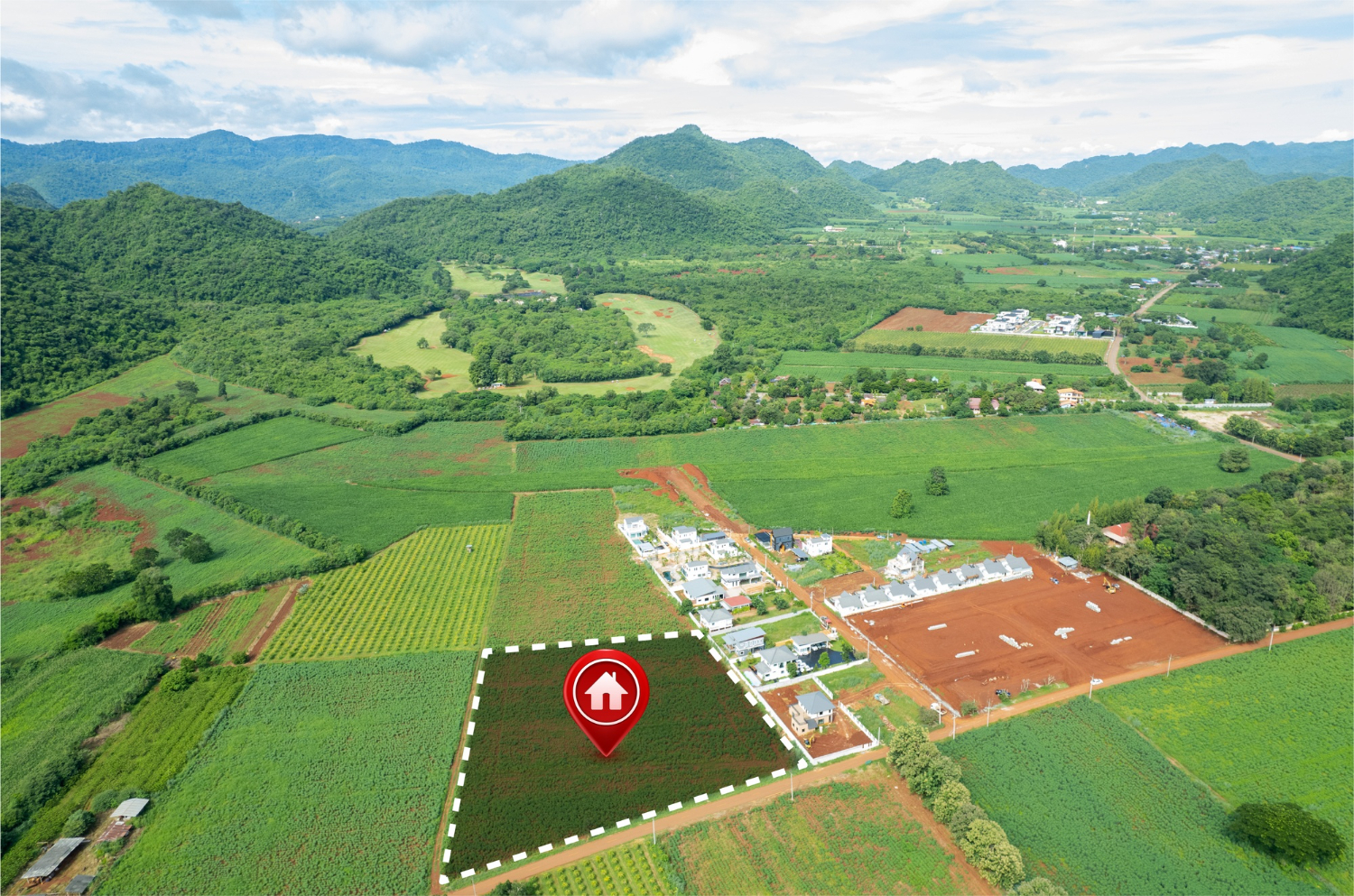Determining the true value of your land is an important step before selling. Knowing what influences land values helps you set an accurate price, which is crucial for attracting buyers. Factors like location, zoning, and even natural features can play a part in how much your land is worth.
Typically, property owners start by examining recent sales of similar land in the area to get a sense of current market trends. Comparing these can give a good benchmark for your land’s potential price. However, for a more precise appraisal, professional help may be necessary. These experts use detailed knowledge and tools to assess land value accurately.
Understanding and adjusting for unique features or conditions of your property can also increase its appraisal accuracy. Land with special characteristics like scenic views or access to water might be highly desirable and impact value positively. By taking these steps, you’re better equipped to present your land at a fair price, streamlining the selling process and ensuring you get the best return.
Understand Key Factors that Influence Land Value
Several factors determine the value of land. Understanding these is critical to appraising your property accurately. Location is often the most significant factor. Land located close to urban areas or with easy access to major roads can be more valuable due to convenience and development potential.
Zoning laws also significantly impact value. These laws dictate how the land can be used—whether for residential, commercial, agricultural, or other purposes. Land zoned for versatile use often fetches higher prices because it appeals to a broader range of buyers.
Environmental factors are important too. Land with desirable natural features like a lake, river frontage, or mountain views tends to attract more interest and higher valuations. On the other hand, lands prone to flooding or with challenging terrains might see reduced values.
Utility access plays a crucial part as well. Land connected to utilities like water, electricity, sewage, and internet is generally more attractive than those without these amenities. Potential buyers see such features as saved costs and increased convenience.
Lastly, market conditions might cause fluctuations in land values. Factors like economic health, demand for land in the area, and local development plans can all influence how much your land is worth.
Conduct a Comparative Market Analysis
A Comparative Market Analysis (CMA) helps you understand how your land compares to similar properties. This method involves researching recent sales of lands similar to yours. Here’s how to conduct a CMA:
1. Identify Comparable Properties: Look for lands that match yours in size, location, and zoning. The more similarities, the more reliable your comparisons.
2. Gather Data: Find out the sale prices of these comparable properties. Note details such as the date of sale, improvements made, and any special features that might affect value.
3. Adjust for Differences: If comparable lands have features that yours doesn’t—like better access to utilities or premium locations—you’ll need to adjust the values to fit your property realistically.
4. Analyze the Trends: Look at patterns in the market. Are prices rising or falling? Observing these trends gives insight into the most opportune time to sell.
5. Evaluate the Final Value: Use the information gathered to estimate a reasonable market value for your land. This estimate helps you price your land competitively, ensuring you attract interested buyers without undervaluing your property.
By conducting a thorough CMA, you’ll gain a solid grasp of your land’s worth in the current market, paving the way for an informed selling strategy.
Utilize Professional Appraisal Services
Hiring a professional appraiser can be essential for an accurate land valuation. Appraisers have in-depth knowledge and expertise in evaluating real estate, which aids in determining a precise value for your property. These experts consider various factors, such as market trends, local developments, and economic indicators, to give you a comprehensive analysis.
The appraisal process begins with an appraiser inspecting your land. They assess its physical attributes, such as size, shape, and condition. Features like access to utilities and future potential developments are also taken into account. The appraiser will then collect data from recent sales of comparable properties to establish a basis for your land’s value.
An appraiser’s report provides a detailed breakdown of how they arrived at the valuation, offering transparency and trustworthiness. This documentation can be advantageous when negotiating with buyers or seeking financing, as it supports your pricing with professional findings.
While appraisers charge a fee for their service, their expertise ensures a precise value, which can help you price your land effectively. With an accurate appraisal, you enhance buyer confidence, reduce time on the market, and facilitate smoother negotiations.
Adjust for Unique Land Features and Conditions
Every piece of land is unique. To ensure an accurate appraisal, consider any special features or conditions your land may have. Some features might enhance its value, while others can pose challenges.
Evaluate the natural features of your land. Does it have scenic views, a pond, or mature trees? Such attributes often make the land more desirable, potentially increasing its value. Conversely, factors like rocky terrain or flood-prone areas might require adjustments as they could deter buyers due to additional costs for development.
Consider improvements made to the land. Existing infrastructure such as a driveway, fencing, or irrigation systems can add value. Highlight these features to appraisers, as they enhance usability and appeal.
Additionally, assess any land-use restrictions. Easements, conservation areas, or zoning limits might restrict development options, affecting value. An accurate understanding of these constraints helps you adjust your expectations and marketing strategy accordingly.
By accounting for unique features and conditions, you provide a fuller picture of your land’s potential and limitations. This ensures you set an appropriate price and attract the right buyers with a clear picture of what your property offers.
Conclusion
Accurately appraising your land’s value is a vital step in selling or developing your property successfully. By understanding the key factors that influence land value, conducting a Comparative Market Analysis, and utilizing professional appraisal services, you gain a comprehensive view of what your land is worth. Making adjustments for unique features ensures that you highlight your property’s strengths and address any potential drawbacks.
An accurate appraisal helps you set a competitive price, attracting serious buyers who are willing to invest in your property. This process not only maximizes your return but also streamlines the selling process, allowing you to make informed decisions with confidence. With these insightful strategies, you’re well-equipped to navigate the complexities of real estate land valuation and achieve your financial goals.
Ready to learn more about maximizing your land’s value? Discover how 7Land Corp. can guide you through the appraisal process with expert advice and support tailored to your needs. Reach out today and take the first step toward selling your land.




